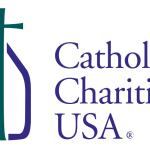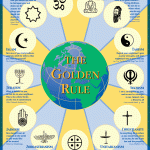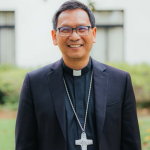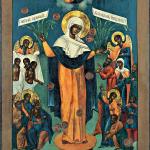Does biology matter?
Ask Rebecca Hamilton, a sperm-donor baby who’s now grown up. She has been searching for her biological father for years. “It’s a very human need to be able to look at a face and say, yes, that’s where I come from,” she says. She thinks the widespread practice of donor anonymity does a huge injustice to the offspring.
The first generation of sperm-donor babies can now speak for themselves. And what they are saying raises disconcerting questions about biology, identity, and families. Is it right to deprive people of knowing who their natural parents are? What happens to your sense of identity when one of your biological parents is missing? Is there a difference when you’re raised by “social” rather than biological parents? What if those parents are two women, or two men, or perhaps three people? Are children’s understandings of parenthood as flexible as we would like to think? How do kids feel about all this? And do their feelings matter?
[clipped]
The Revolution in Parenthood: The Emerging Global Clash Between Adults’ Rights and Children’s Needs (I haven’t read yet)











